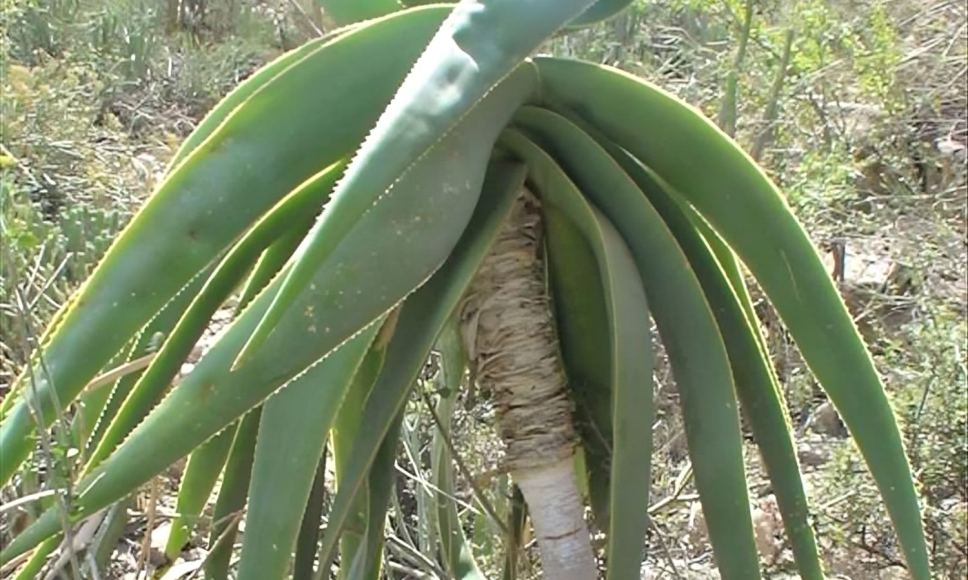
Barran Press
TAIZ, Yemen — On January 4, 2025, a tragic incident unfolded in the village of Al-Manzil in the Al-Hayma Al-Alya area of Taiz, resulting in the deaths of three family members and severe injuries to four others after they ingested a toxic herb.
Seventy-year-old Abdullah Mohammed Saif, along with his wife and 15-year-old granddaughter, died after consuming a decoction made from a highly poisonous cactus known locally as "Qubab or Qubqub." The remaining four victims, including three children, are receiving treatment, with one child currently in intensive care at a hospital in Al-Hawban.
Local sources reported that the family consumed the toxic extract to ward off illnesses, a practice believed to be a traditional remedy. The incident has sparked widespread debate on social media, with some suggesting that the family ingested the herb as part of an annual tradition, while others blamed the misuse of herbal remedies prescribed by unqualified individuals.
A relative of the victims stated that the tragedy sent shockwaves through the Al-Taziah district and the greater Taiz governorate. According to him, the consumption of the cactus is a common belief during the month of Rajab, as it is thought to enhance health. However, the specific cactus consumed by the family was exceptionally toxic, leading to their rapid decline shortly after ingestion.
The family had mistakenly gathered the wrong plant; Abdullah's son retrieved the cactus from nearby mountains without confirming its identity. The family consumed the extract without realizing it was toxic, resulting in a swift and tragic outcome.
A local doctor from Al-Hawban expressed concern over the reliance on traditional medicine and the lack of understanding of various plant risks. He criticized folk medicine practitioners for misleading the community about the safety of certain herbs during specific seasons, emphasizing that many plants can be poisonous if not properly identified.
The doctor reiterated that while some varieties of cactus are safe, others, like "Qabab," contain lethal chemicals, including cyanide, which pose significant health risks. He urged the community to exercise caution and seek professional medical advice rather than relying solely on traditional remedies.





